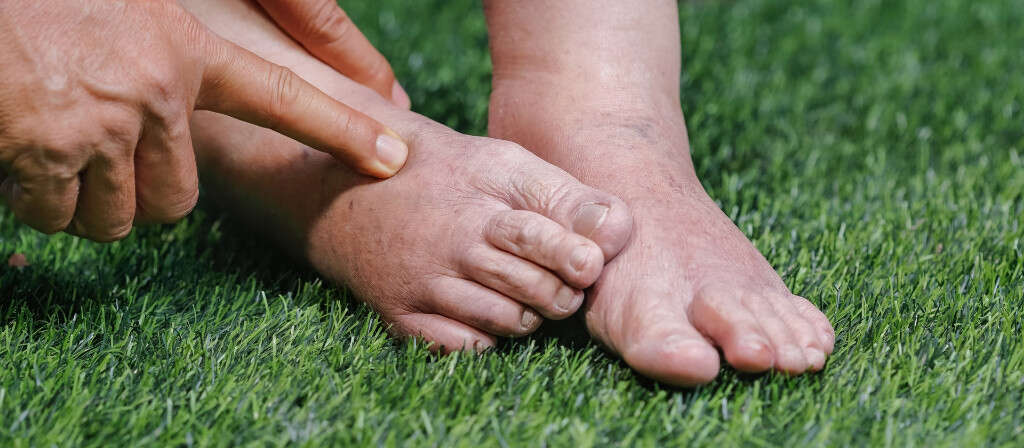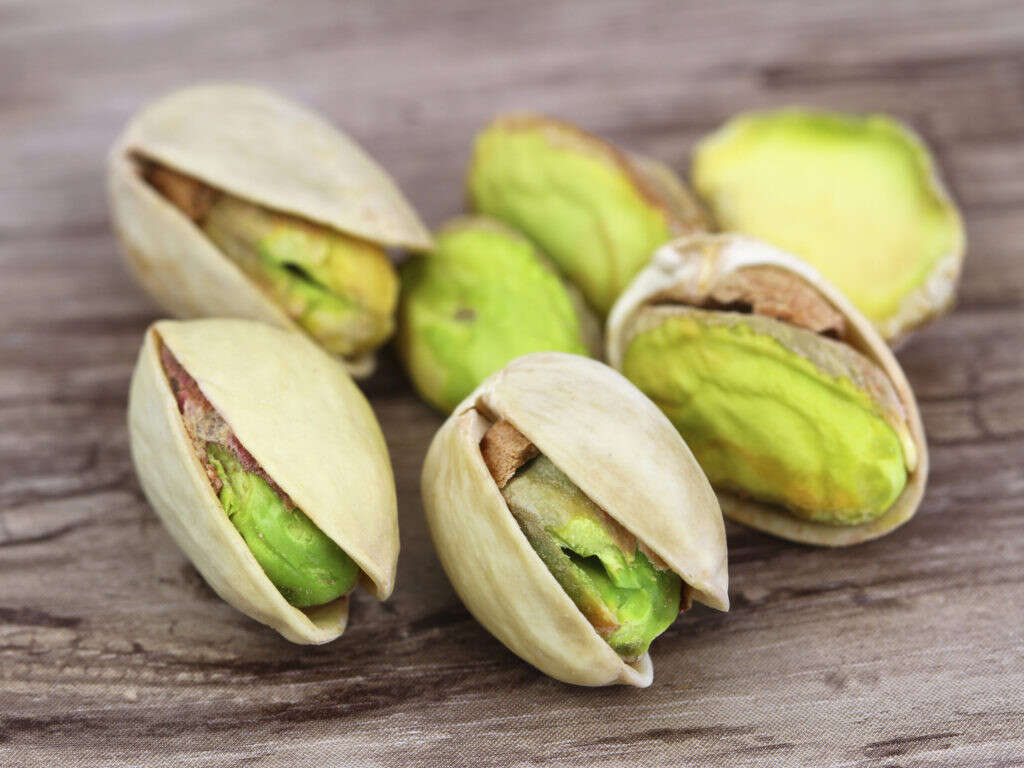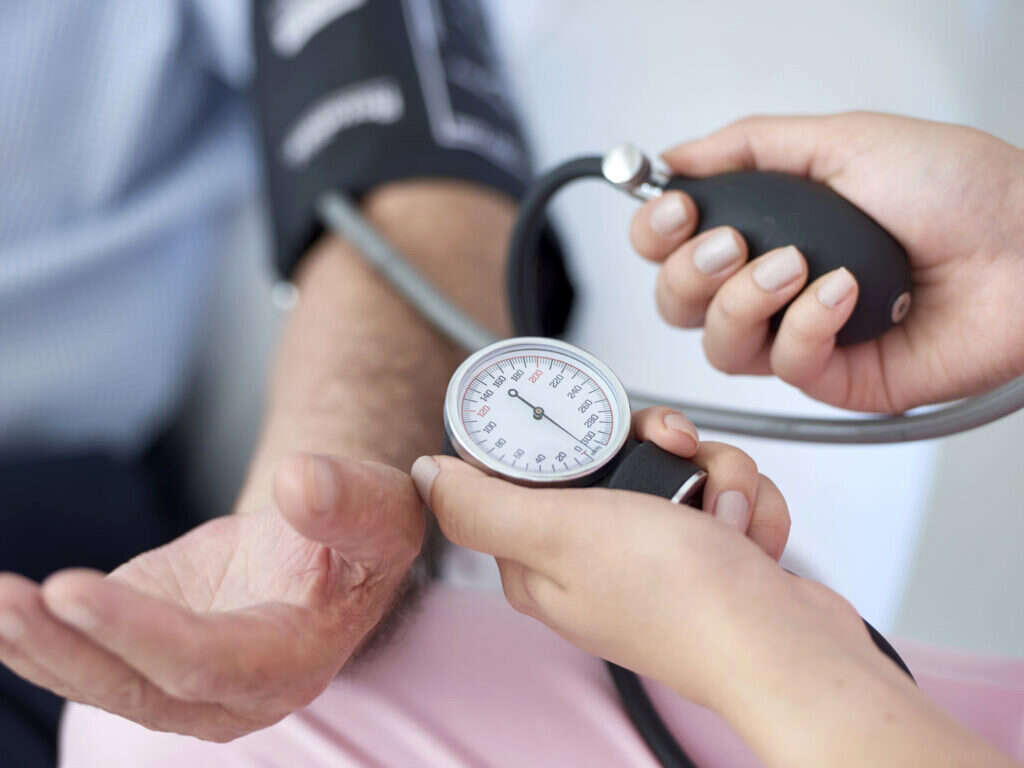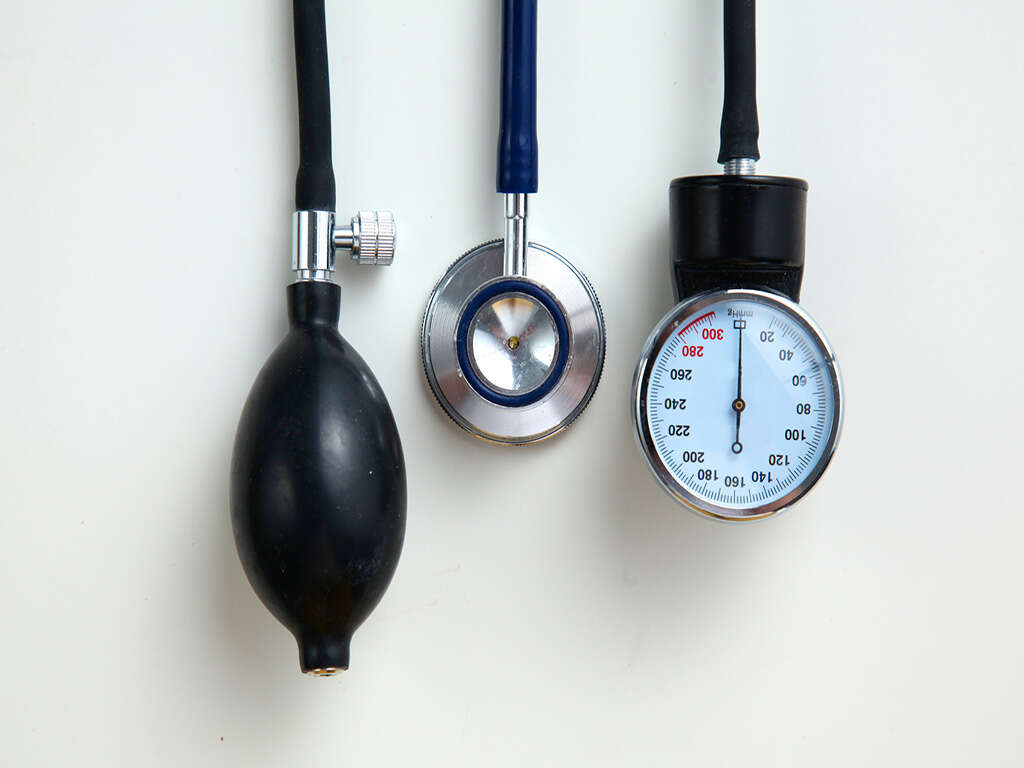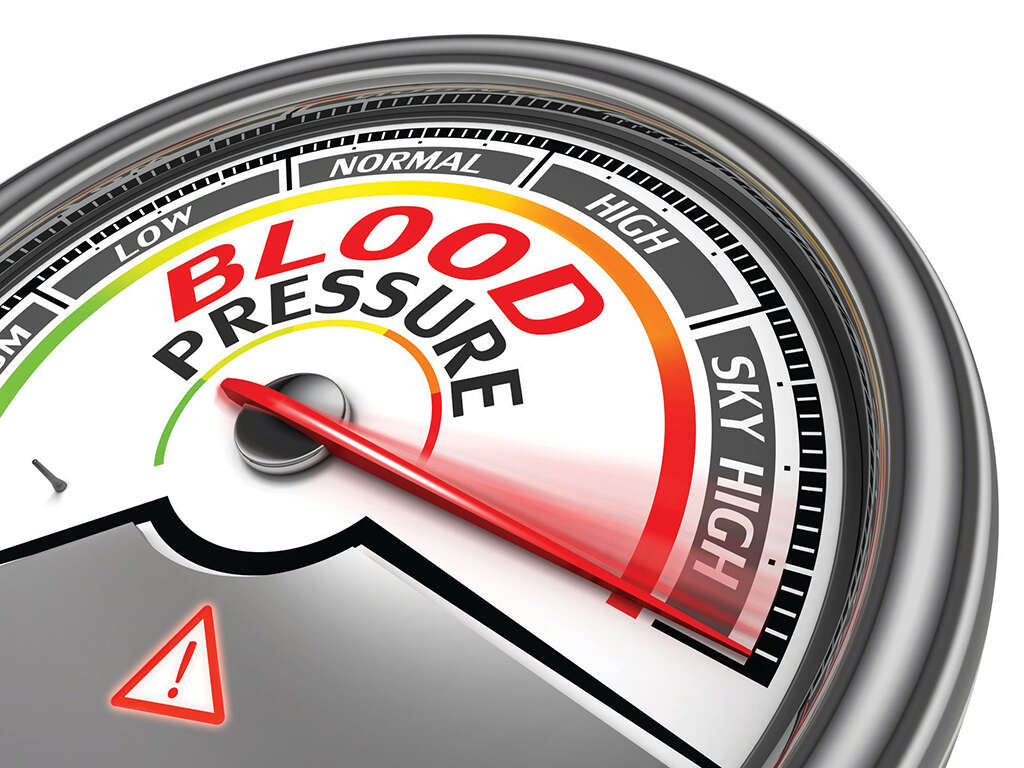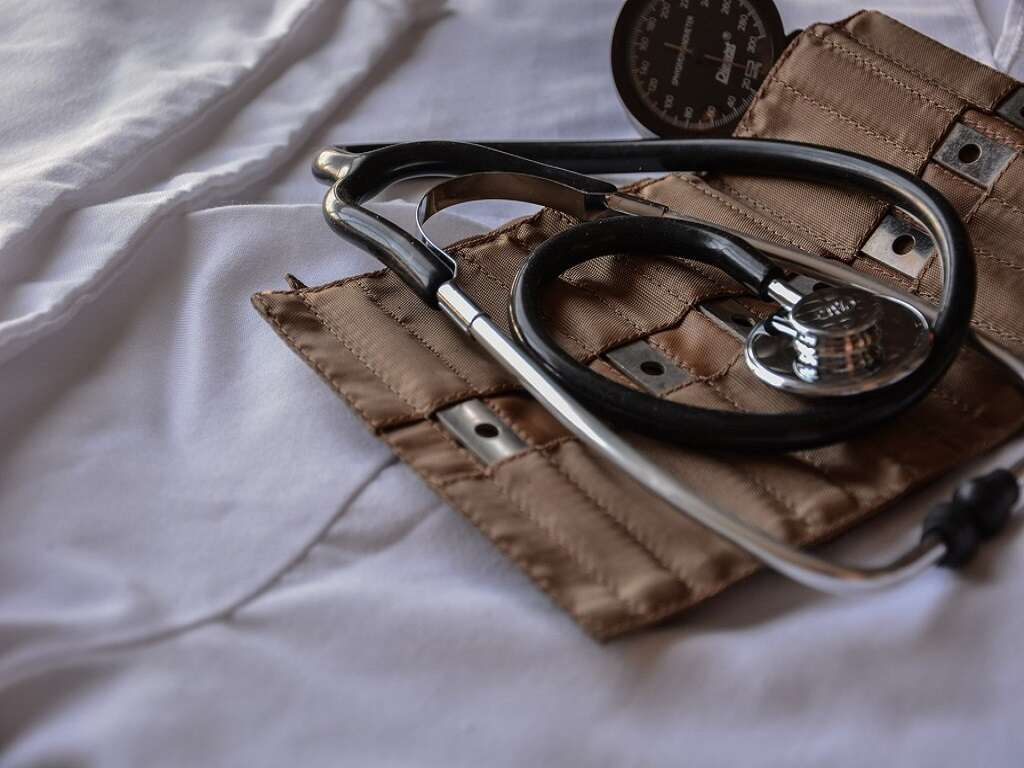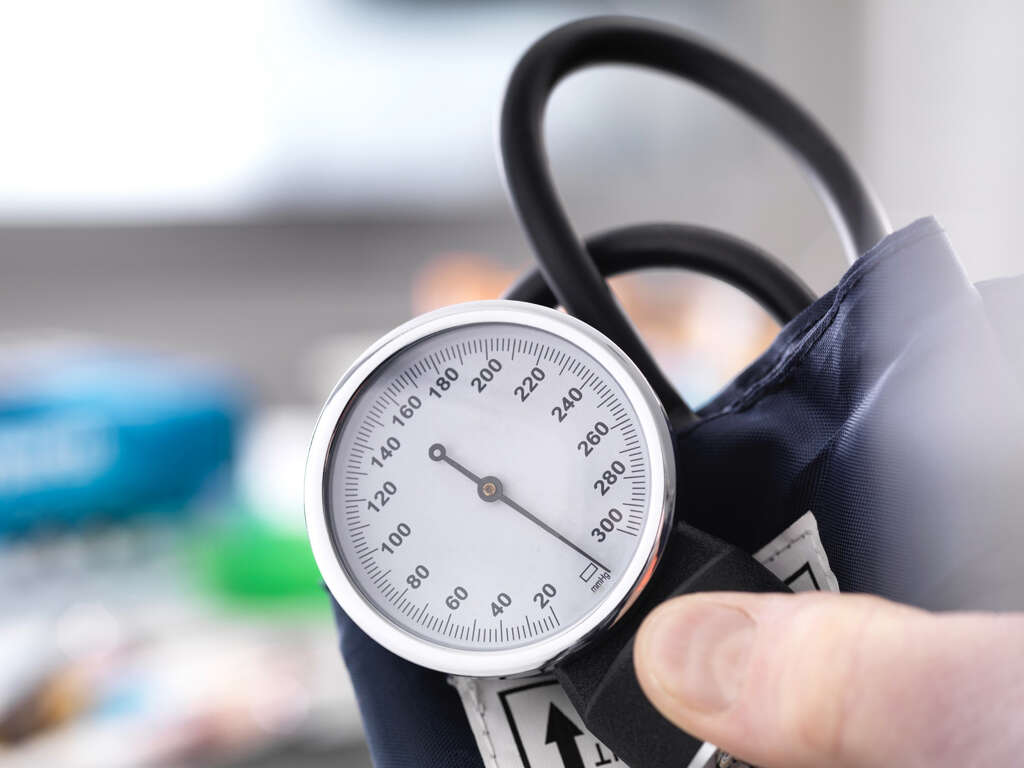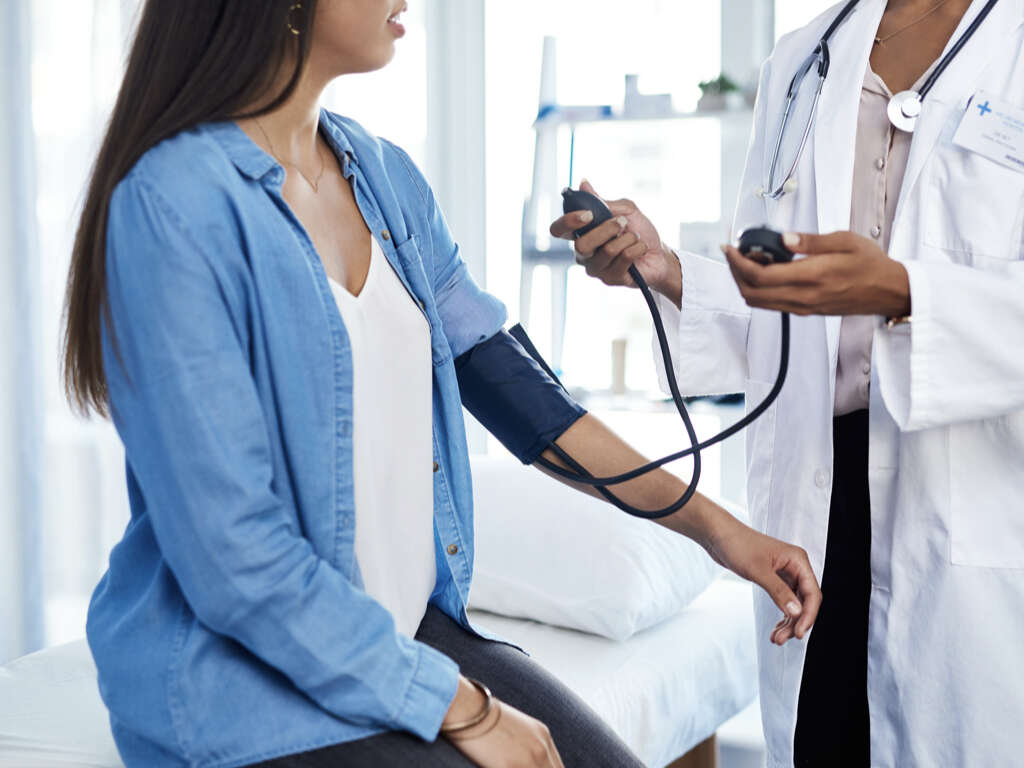10 High Blood Pressure Symptoms
High blood pressure is a condition that occurs when blood pressure rises and consistently remains above 120/80 mm Hg. Also known as hypertension, high blood pressure is the result of stiffening or hardening of the internal arterial walls. This causes undue resistance as blood flows through the arteries. As a result, the heart has to work extra hard in order to push blood to the various parts of the body.
The real cause of hypertension is unknown. However, it usually affects people from families with a history of high blood pressure, those aged 50 years or older, the overweight or obese, those leading sedentary lifestyles, and those who ingest too much alcohol or salt. Which high blood pressure symptoms should you watch out for? While hypertension has no straightforward symptoms, you need to go for blood pressure testing in case of the following signs.

Symptom #1: Nosebleeds
Nosebleeds, also known as epistaxis, is one of the common symptoms of high blood pressure. A significant number of people with undiagnosed high blood pressure find this out when they seek treatment for nose bleeding. A study conducted at the Vienna General Hospital in Greece found that 17 percent of people treated at the hospital for high blood pressure emergencies suffered from recurrent nosebleeds.
High blood pressure can cause nosebleeds if the pressure ruptures some of the tiny blood capillaries within the nose. This would lead to the capillaries leaking blood. If you experience recurrent nosebleeds, you probably have high blood pressure. For this reason, you need to go for a blood pressure test.
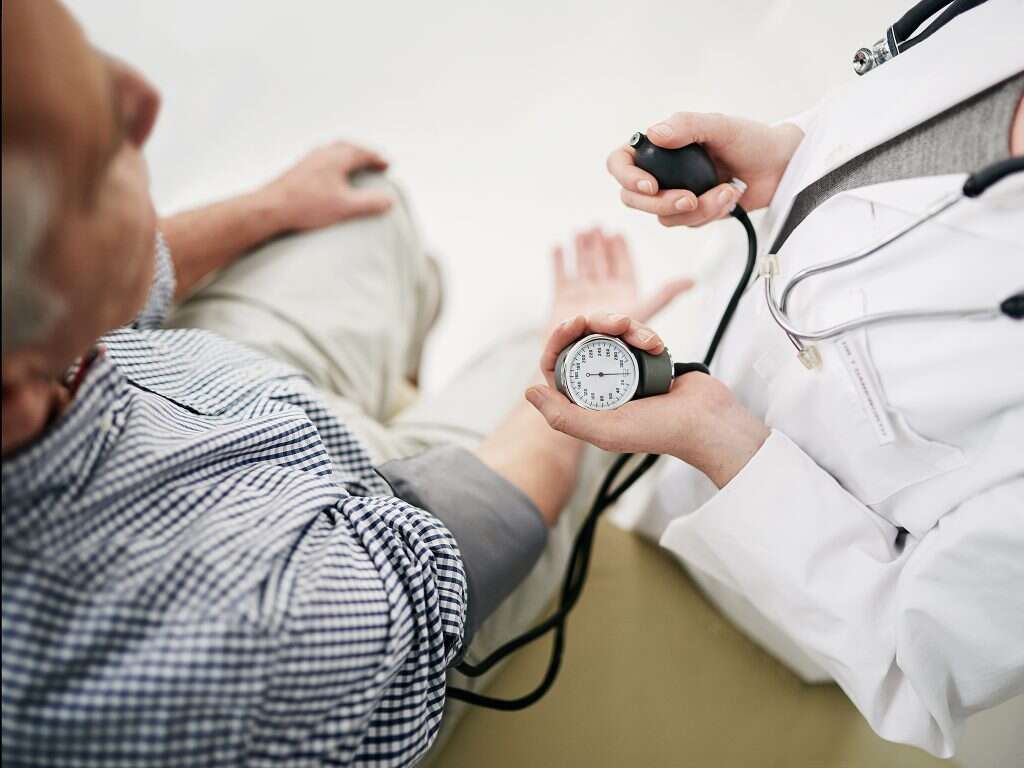
Symptom #2: Blurred Vision
When high blood pressure goes on undetected and untreated, it can lead to blurred vision. This happens because the high pressure can cause tiny capillaries in the eyes to harden or rupture. The same can happen to the blood vessels supplying blood to the retina. This interferes with the supply of blood to these parts of the eye.
Consequently, the eye and specifically the optic nerve and the retina do not receive adequate blood to provide them with the oxygen and nutrients necessary for them to work properly. If this goes on over an extended period of time without treatment, it can cause vision loss.

Symptom #3: Headache
Hypertension often causes headaches. For this reason, many people including doctors associate certain types of headaches with hypertension. A 2018 survey of 4,356 American respondents with migraine headaches found that 21 percent of those respondents had high blood pressure. This means that, while not everyone with a headache will have hypertension, the presence of a headache can be an important high blood pressure symptom.
Hypertension headaches are more likely to occur if the condition has not been diagnosed or it is not being controlled. If you suffer from recurrent headaches, you probably need to get tested for hypertension. If the test is positive, your doctor may put you on medication to lower your blood pressure, which will also decrease the frequency and severity of the headaches.
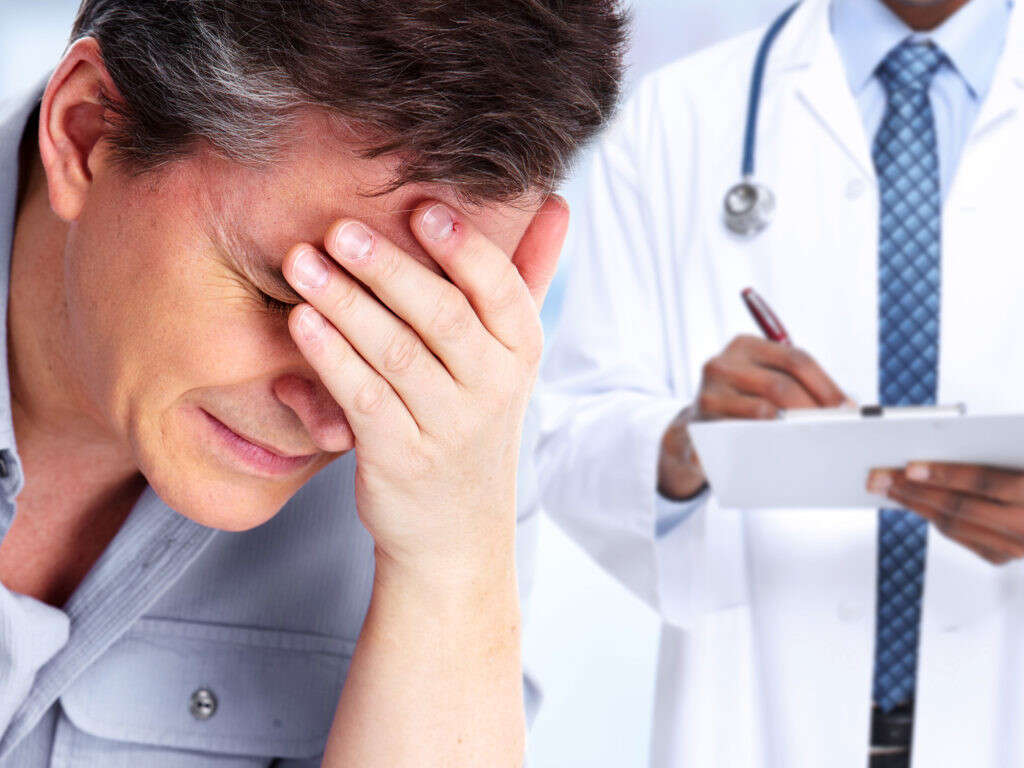
Symptom #4: Breathlessness
Breathlessness is a symptom of pulmonary hypertension. This is high blood pressure that affects the pulmonary arteries within the lungs. These arteries become thick and stiff which increases the resistance of blood flowing through them. This resistance leads to an elevation of blood pressure.
Pulmonary blood pressure means that blood does not flow to the body as easily as it should, causing a lack of adequate oxygen or nutrients. Because the body requires more oxygen and nutrients than the lungs can supply, the lungs need to work harder which causes breathlessness. Other symptoms of pulmonary hypertension include dizziness, fatigue and chest pain.

Symptom #5: Fatigue
While there are many conditions that can cause fatigue, it may also be a symptom of high blood pressure. Blood is the vehicle that supplies oxygen and nutrients to all organs and tissues in the body. These are the raw materials that produce the energy needed by the organs and tissues to perform their essential functions.
In cases of high blood pressure, the blood supply is hindered so that some organs and tissues are deprived of adequate amounts of oxygen and nutrients. Consequently, energy necessary for the performance of these parts of the body is not produced, which causes fatigue. In this state, you may be unable to effectively perform your daily activities. If you experience persistent fatigue, you need to have your blood pressure checked.

Symptom #6: Confusion
Confusion is a high blood pressure symptom that is closely related to fatigue. As with other organs and tissues of the body, if the brain does not receive adequate amounts of oxygen and nutrients, it cannot perform its functions as effectively as it should.
This can lead to mental confusion and an inability to think or process other mental stimuli. If you notice that you suffer from bouts of confusion, it is advisable to undergo blood pressure testing.

Symptom #7: Chest Pain
If you experience recurrent chest pain or pressure, you probably have high blood pressure. The chest pain may be accompanied by difficulty in breathing and an irregular heartbeat. This occurs because your heart must work extra hard to pump blood through less flexible arteries.
Chest pain or pressure is more likely to occur if either the pulmonary arteries which transport blood to the lungs, or the coronary artery that supplies blood to the heart muscles, are affected. In case of pulmonary blood pressure, the heart must work extra hard to pump blood through the lungs, while in the case of coronary artery disease, the heart is strained by a lack of adequate oxygen and nutrients.
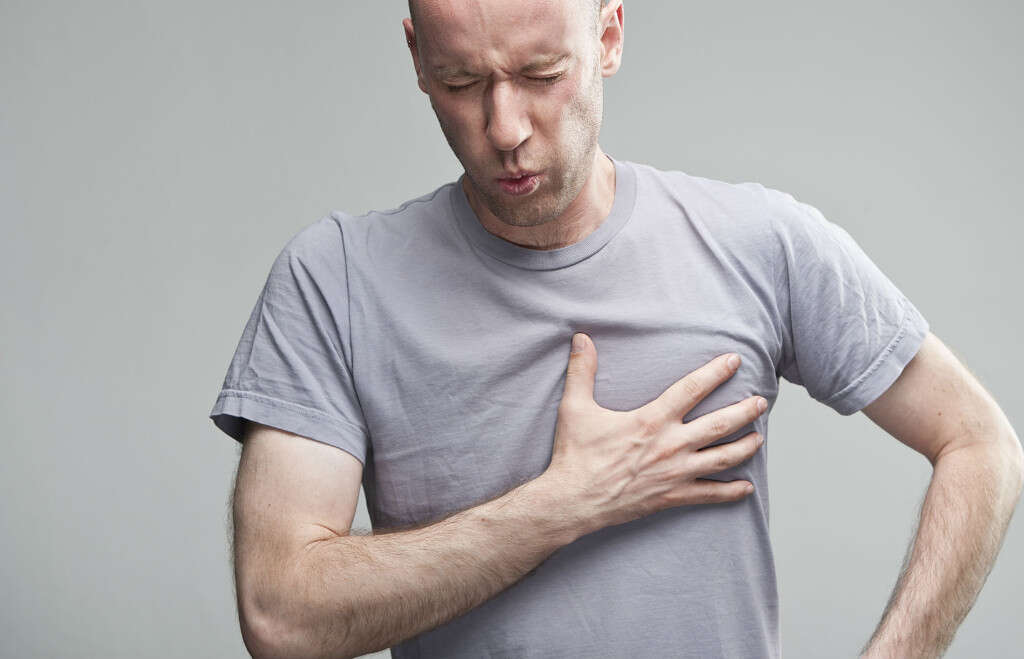
Symptom #8: Low Libido
Low libido and sexual dysfunction can occur as a result of high blood pressure. This is more likely to happen in men although it may also occur in women. Because uncontrolled high blood pressure can damage blood vessels, including vessels supplying the penis, the result can be inadequate flow of blood. Sexual dysfunction occurs because, without adequate blood flowing into the penis, it is difficult to achieve or maintain an erection.
In women, damaged blood vessels can mean that the vagina does not receive adequate blood. This leads to dryness, reduced sexual arousal, and difficulty in achieving an orgasm. If you notice that you have reduced sexual libido, you need to get your blood pressure checked. Additional tests may also be conducted to rule out other health issues.

Symptom #9: Heart Palpitations
A heart palpitation is the feeling that your heart has missed a beat. This can occur occasionally for various reasons. However, when heart palpitations occur repeatedly, it may be a symptom of high blood pressure. A racing heart is yet another sign that your blood pressure may be dangerously high. You may also experience anxiety during palpitations.
High blood pressure means that your heart must work much harder than normal, which can cause it to tire. Additionally, high blood pressure may also affect the blood vessels supplying the heart. In this case, the heart may not be receiving adequate oxygen and glucose to produce the energy it requires to function properly. For these reasons, you should consult a doctor in case you experience recurrent heart palpitations or fast heartbeats.

Symptom #10: Swelling In The Ankles
Swelling in the lower parts of the body, especially the legs, ankles, and feet, may be a sign that you have high blood pressure. The swelling, also called edema, occurs because the heart is overwhelmed and therefore is unable to handle all the pumping work. This causes the body to retain fluid, which collects within tissues and cause edema.
In most cases, edema is a sign that the blood pressure problem has been around for a long time. This could mean that your kidneys are already failing. The heart may also be seriously affected and could be failing. For these reasons, stop waiting for the edema to go away. Instead, go to a health facility and get yourself tested for high blood pressure and other issues.
